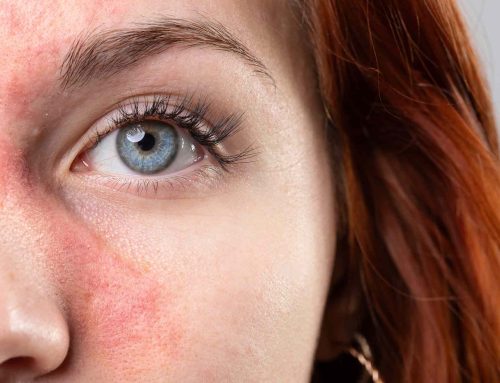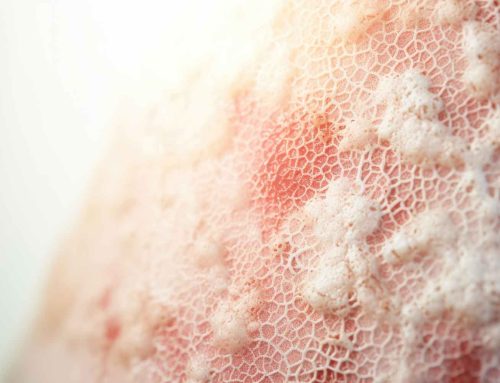When winter sets in, so do changes in our skin. Colder temperatures, indoor heating, and low humidity can create a perfect storm for worsening certain skin conditions. For those who struggle with dry skin, eczema, or rosacea, winter may bring unique challenges. Let’s explore some common skin conditions that can flare up during colder months and ways to manage them effectively.
1. Dry Skin (Xerosis)
The low humidity and colder air of winter can leave skin feeling dry and tight, leading to flaky, rough patches. When our skin lacks moisture, the protective barrier weakens, making it more susceptible to irritants. Hot showers and indoor heating, though comforting, can also strip away natural oils, exacerbating dryness.
Tips to Combat Dry Skin:
2. Eczema
Eczema, or atopic dermatitis, is notorious for flaring up in winter. The cold air combined with dry indoor heat can dehydrate the skin, triggering itchiness and inflammation. This can make eczema sufferers feel uncomfortable, leading to more itching and worsening the cycle.
Eczema Management Tips:
3. Rosacea
Cold winds and rapid temperature changes can trigger rosacea flare-ups, causing redness, burning, and visible blood vessels on the face. Moreover, the stress of seasonal changes can make it challenging for rosacea sufferers to keep their skin calm and even-toned.
How to Soothe Rosacea in Winter:
• Wrap up warmly when heading outdoors to shield your face from harsh wind.
4. Psoriasis
The colder months can worsen psoriasis symptoms, leading to thicker, scaly patches and more intense itching. In fact, reduced sunlight exposure means that the skin misses out on the benefits of natural UV light, which can help manage psoriasis.
Tips for Managing Psoriasis:
Proactive Skin Care Tips for Winter
At Skin Care Physicians of Georgia, we understand the unique challenges of managing skin conditions throughout the year. That’s why our providers are here to help tailor a winter skincare regimen that works for you, addressing any concerns and ensuring that your skin remains healthy and comfortable. Simply book a consultation today and let us help you achieve healthier skin, whatever the season!






